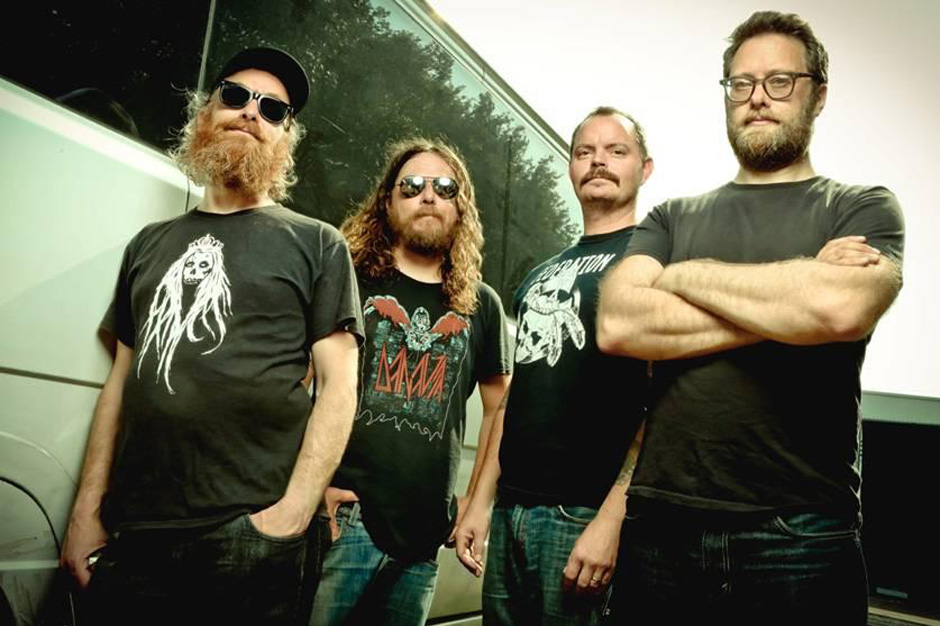Corey Taylor Explains The Inspiration Behind His Next SLIPKNOT Mask! [Photos]
Slipknot’s masks have become an integral part of the band. They idea first started as a way to focus more on the music rather than the human beings playing it. The masks were mysterious and enticed fans about the members who were hiding behind the facade. As most of you know the members of Slipknot sometimes change their masks with each new album, sometimes slightly and sometimes all together. Corey Taylor’s mask has went through the most changes since the band formed. Corey’s mask in 1999 featured dreadlocks poking out of the top and an expressionless, ghostly face, the vocalist felt his first mask allowed the band’s music to be purer. In 2001 there was a slight edit to the mask making it more dark to relate better with the music on ‘Iowa’, In 2004 as the band released ‘Vol.3: (The Subliminal Verses)’ there was another change to Corey’s mask. The dreadlocks were gone, replaced by multicolored hair, but the stitched up, skinless face remained as Taylor battled personal demons behind the mask. He claims he was pretty much drunk the entire 3 years between the release of ‘Iowa’ and ‘Vol.3: (The Subliminal Verses)’. 4 years later the band released ‘All Hope Is Gone (2008)’ and Corey’s mask unveiled significant changes. It featured no hair at all, and had an almost entirely featureless face that appeared stitched to his skull. Eerily blank. I think it related to the scariest thing is to be plain or blank and expressionless. ‘.5 The Gray Chapter’ (2014) was immediately following the tragic loss of bassist Paul Gray, it was a dark time for the entire band as they grieved the loss of their brother. Taylor’s current and most human-like mask, it was an almost realistic two-piece human face but one that appears riddled with disease and disgust across its cheeks. In regards to the mask he stated ““People like me, Clown, Sid change our masks drastically,” “Because, for me, the mask is a representation of the person on the inside, and nobody stays the same over time.” Continue reading


















